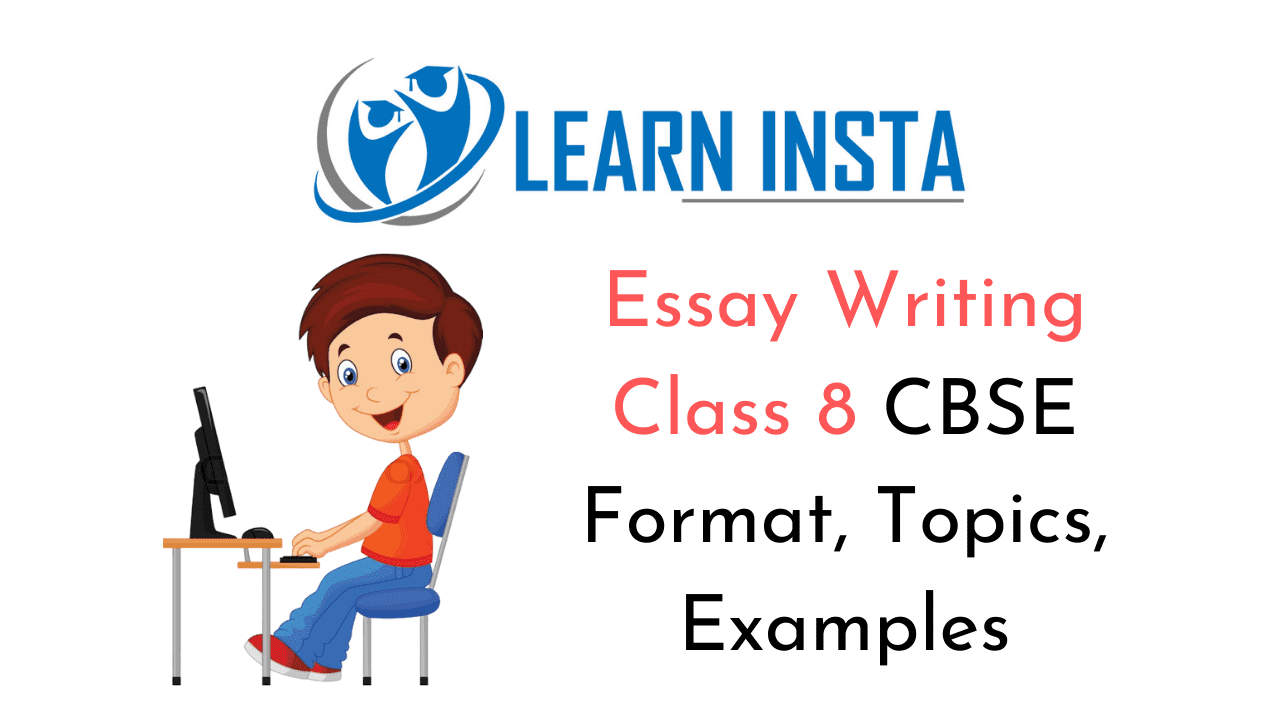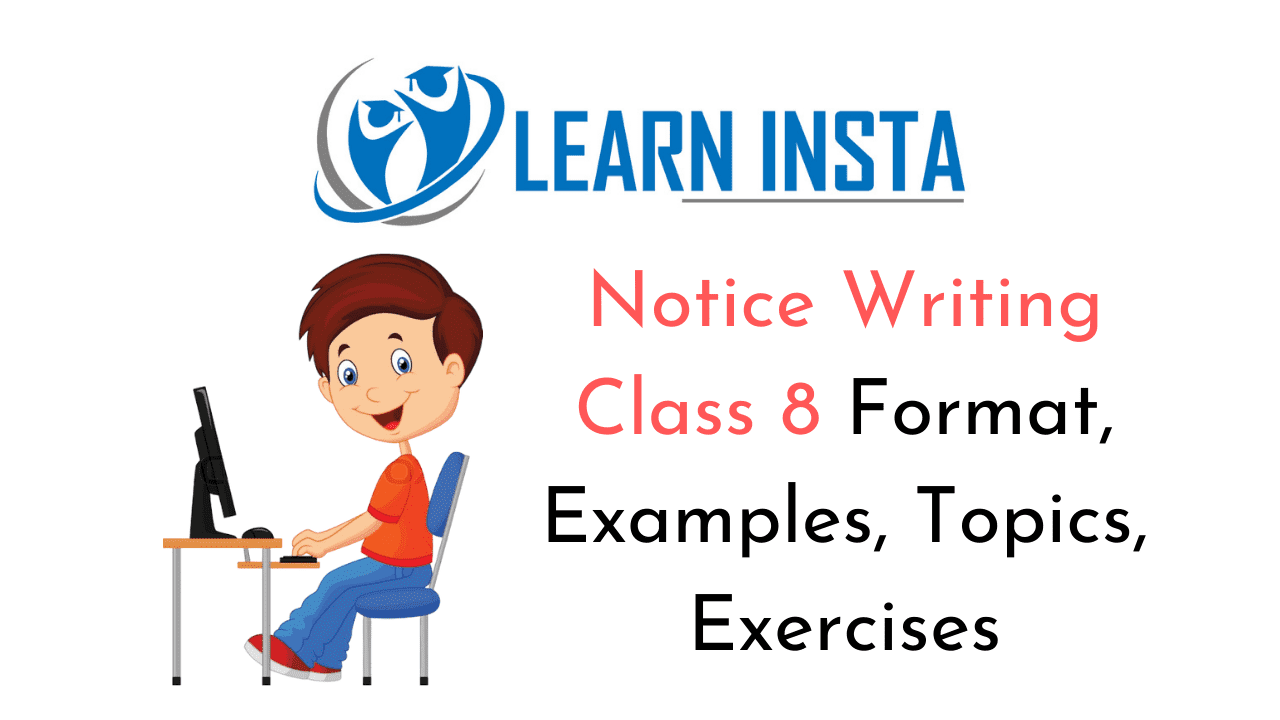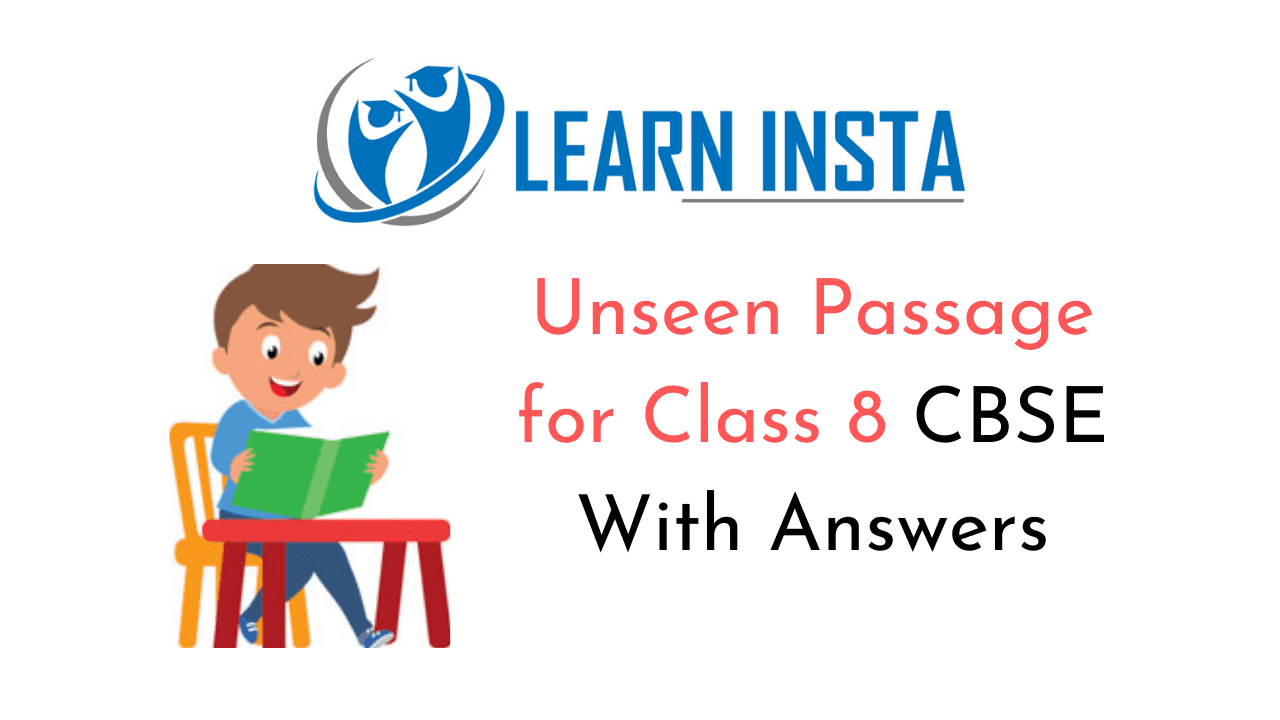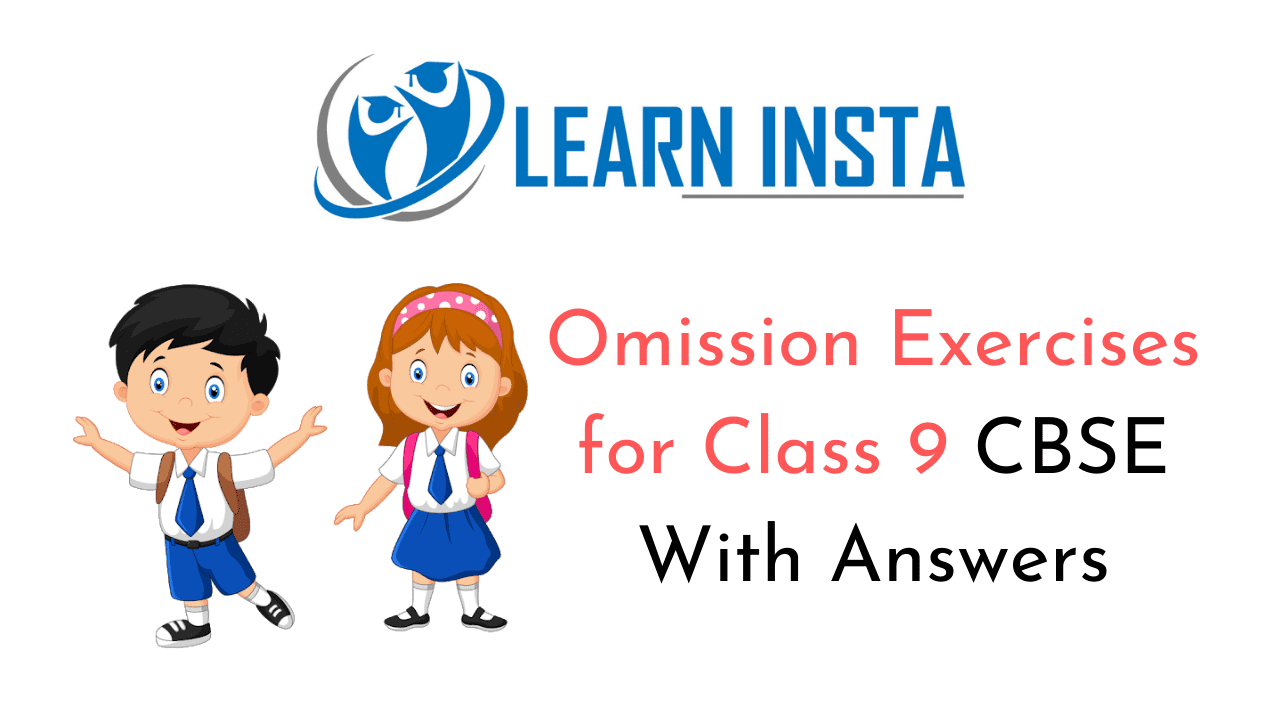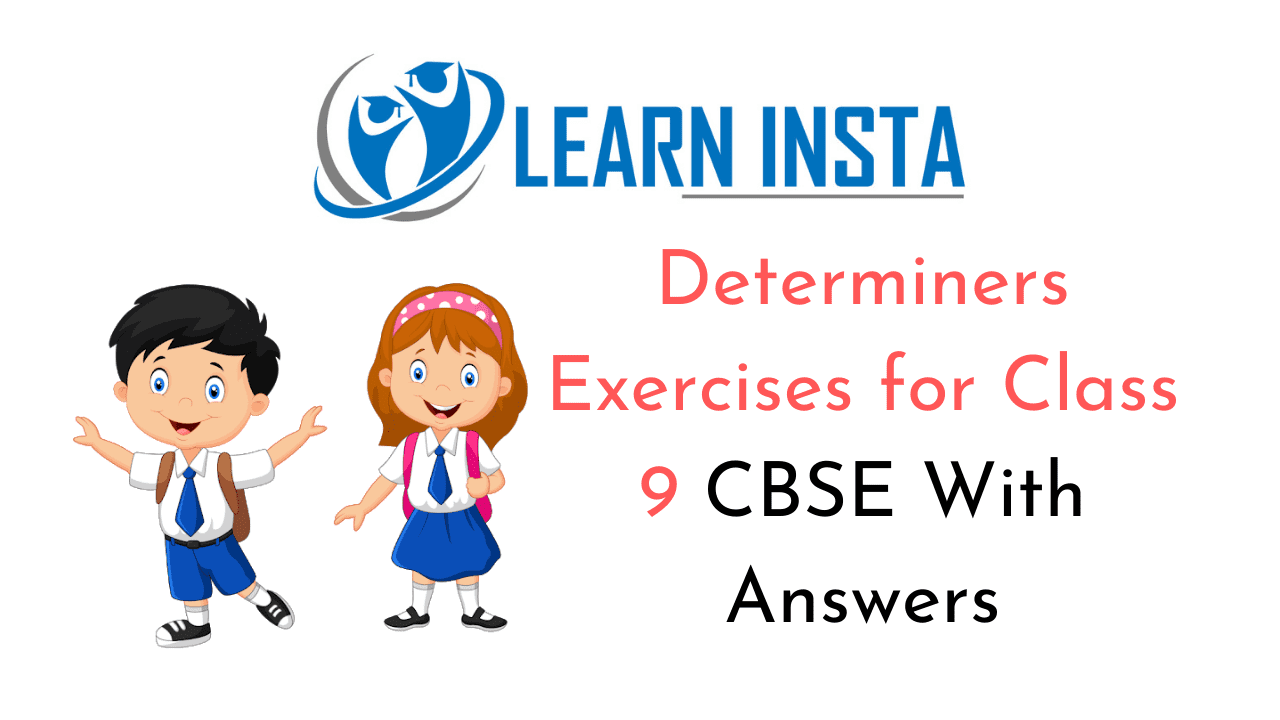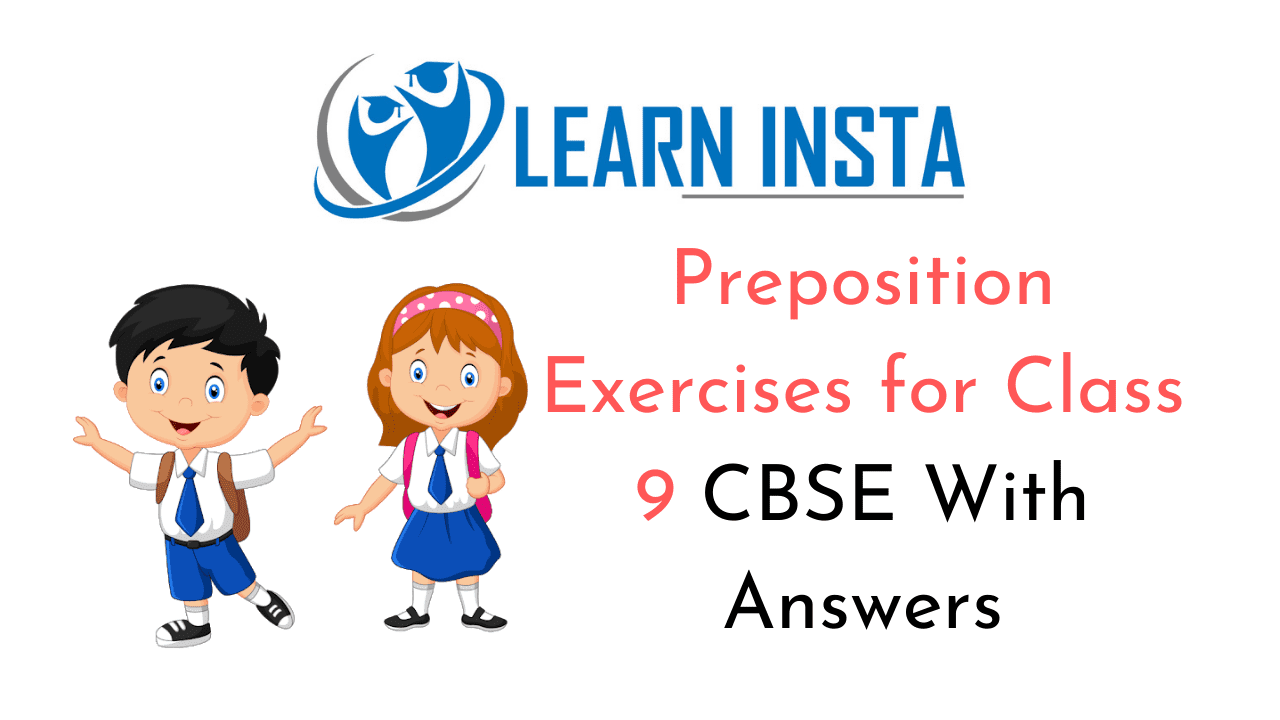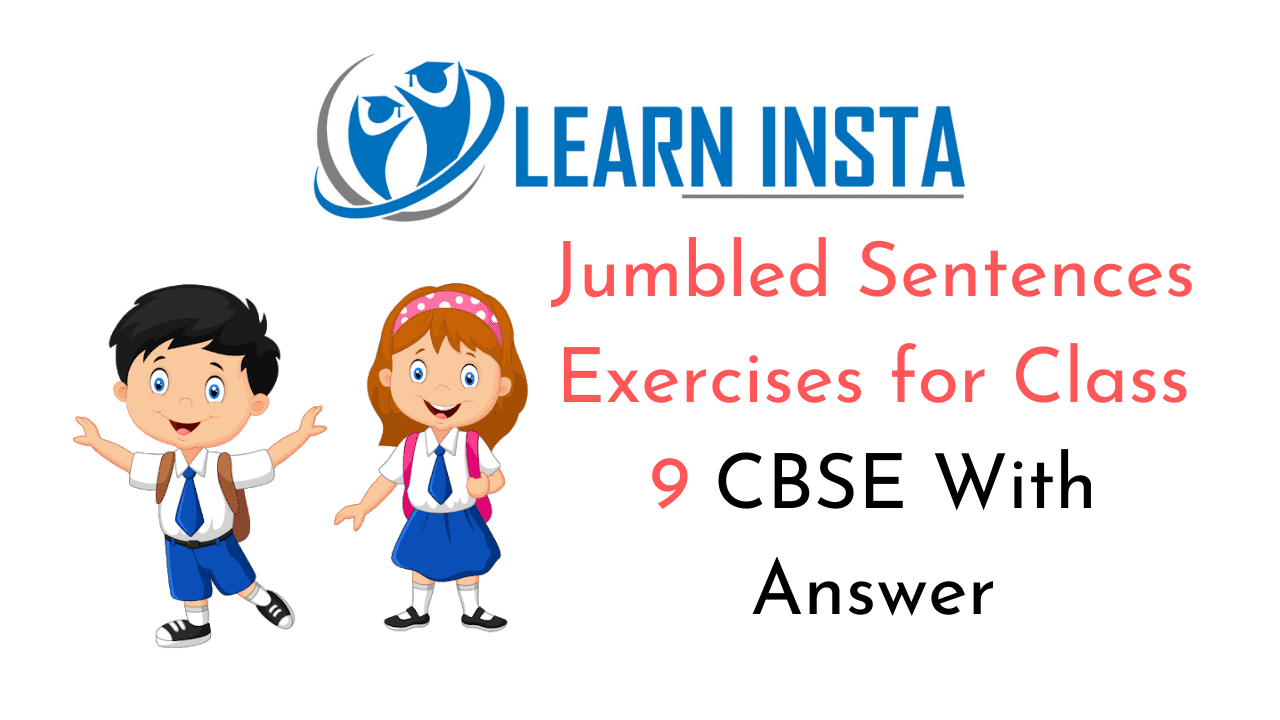
Arrange the following jumbled up words and phrases into meaningful sentences.
This grammar section explains English Grammar in a clear and simple way. There are example sentences to show how the language is used. You can also visit the most accurate and elaborate NCERT Solutions for Class 9 English. Every question of the textbook has been answered here. https://ncertmcq.com/jumbled-sentences-for-class-9/
Jumbled Sentences for Class 9 CBSE With Answers Pdf
Jumbled Sentences With Answers Question 1.
Look at the words and phrases below. Rearrange them to form meaningful sentences. Write the correct sentences in your notebooks against the correct blank numbers. (3 marks)
Siddharth: the/‘Lord of the Rings’/I just saw/movie/seen/you/it/have
Piyush: No,/haven’t/I/the/like/is/book/it
Siddharth: read/haven’t/book/I/the
Siddharth: film/well/I enjoyed/the
Piyush: I’ll/I/it/think/too/see
Siddharth: I just saw the movie ‘Lord of the Rings’. Have you seen it?
Piyush: (a) No, I haven’t …………………………..
Siddharth: (b) …………………………..
Piyush: I read it last week.
Siddharth: (d) …………………………..
Jumbled Sentences Class 9 Question 2.
(a) gathers / a / rolling stone / moss / no
(b) bird / bush / in hand / a / worth / is / two / in / the
(c) put / basket / don’t / in one / your / eggs / all /
Answer:
(a) A rolling stone gathers no moss.
(b) A bird in hand is worth two in the bush.
(c) Don’t put all your eggs in one basket,
Jumbled Sentences Question 3.
Look at the words and phrases. Rearrange them to form meaningful sentences. Write the correct sentences in your notebooks against the correct blank numbers. The first one has been done as an example for you. (3 marks)
air/the/was/autumn/in/chill/the/first/of
The first chill of autumn was in the air.
- an ant/all through/the summer/wheat/was storing
- was/a grasshopper/just/passed by/cold and hungry/then/who
- the ant/collecting food/he was/during summer/he asked/why
Jumbled Sentences With Answers Class 9 Question 4.
(a) exercises / for / health / good / doing / is
(b) days / aware / their / health / these / people / are / more / of /
(c) health / are / in / available / many / foods / also / the / market
Answer:
(a) Doing exercises is good for health.
(b) These days people are more aware of their health.
(c) In the market, many health foods are also available.
Jumbled Sentences Worksheet With Answers Question 5.
Look at the words and phrases below. Rearrange them to form meaningful sentences. Write the correct sentences in your notebooks against the correct blank numbers. The first one has been done as an example for you. (3 marks)
of/Egypt/as the/by many/civilization/is considered/birthplace
Egypt is considered by many as the birthplace of civilization.
- ago/Egyptian/the ancient/about/culture/5,000 years/developed
- for their rulers/their best-known/pyramids/perhaps/their/achievements are/tombs/built
- for/been preserved/stone structures/have/by/the dry/the gigantic/climate/about 4,500 years
Jumbled Sentences For Class 9 With Answers Question 6.
(a) comfortable / and / more / is / life / worth living / world / today’s / in / before / ever / than
(b) science / advancement / brought about / in / and technology / have / changes / awesome
(c) man / today / communicate / is / able to / faster
Answer:
(a) In today’s world, life is more comfortable and worth living than ever before.
(b) Advancement in science and technology have brought about awesome changes.
(c) Today man is able to communicate faster.
Or
Man is able to communicate faster Today.
Class 9 Jumbled Sentences Question 7.
(a) homophones / are / known as / sounding / words / similar
(b) opposite / antonyms / words / meaning / known as / in / are
(c) similar / in / words / meaning / synonyms / are / known as
Answer:
(a) Similar sounding words are known as homophones.
(b) Words opposite in meaning are known as antonyms.
(c) Words similar in meaning are known as synonyms.
Jumbled Sentences Questions Question 8.
(a) foreign / a / home / old-age / is / concept
(b) generation / time / days / younger / to / these / doesn’t have / took after / parents / their / aged
(c) youth / family / prefers / today’s / nuclear
Answer:
(a) Old-age home is a foreign concept.
(b) These days younger generation doesn’t have time to look after their aged parents.
(c) Today’s youth prefers nuclear family.
Question 9.
(a) become / TV / medium / a / has / powerful / days / these
(b) people / glued / children / and / older / remain / it / to
(c) entertainment / all / become / a great / for / it / has / source of
Answer:
(a) TV has become a powerful medium these days.
(b) Older people and children remain glued to it.
(c) It has become a great source of entertainment for all. .
Question 10.
(a) you / must / always / be / so / formal
(b) incidents / the / road rage / are / on / rise
(c) do not / time / waste / precious / your.
Answer:
(a) Must you be so formal always?
(b) Road rage incidents are on the rise.
(c) Do not waste your precious time.
Question 11.
Rearrange each set of words to make sentences. Use appropriate punctuation marks.
(a) a resident of Noida near Delhi/is visually impaired/George Abraham.
(b) confidence and competitive spirit/and infuses discipline among the participants/ it provides
(c) he has helped/the brain behind the World Cup Cricket/the disable to dream
(d) to the blind school in Delhi/it was a chance visit/that changed his life
Answer:
(a) George Abraham, a resident of Noida near Delhi, is visually impaired.
(b) It provides confidence and competitive spirit and infuses discipline among the participants.
(c) The brain behind the World Cup Cricket, he has helped the disable to dream.
(d) It was a chance visit to the blind school in Delhi that changed his life.
Question 12.
Rearrange the words to make meaningful dialogues.
(a) Teacher : you / work / didn’t / why / finish / your?
Student : go / mother / I / with / had to / my
Teacher : excuses / make / you / always
(b) Mother : seen / the / coat / condition / of / have / you / your?
Son : fell / muddy / I / into a / pool of / water.
Mother : careful / must / you / while / be / walking
(c) Ritu : breakfast / has / what / prepared / mother / for / today?
Rani : sandwiches / favourite / my / pasta / and
Ritu : fast / like / don’t / I / food.
Answer:
(a) Teacher : Why didn’t you finish your work?
Student : I had to go with my mother.
Teacher : You always make excuses.
(b) Mother : Have you seen the condition of your coat?
Son : I fell into a pool of muddy water.
Mother : You must be careful while walking.
(c) Ritu : ‘What has mother prepared for breakfast today?
Rani : My favourite pasta and sandwiches.
Ritu : I don’t like fast food.
Question 13.
Rearrange each set of words to make sentences. Use appropriate punctuation marks.
(a) the orphan child, the court, guardian of, appointed him
(b) friends, time, enemies, the worst, makes
(c) of the club, elected, secretary, him, they
(d) approaching, the, saw, we, storm
Answer:
(a) The court-appointed him guardian of the orphan child.
(b) Time makes the worst enemies friends.
(c) They elected him secretary of the club.
(d) We saw the storm approaching.
Arrange the following words to from meaningful sentences.
Question 14.
(a) was / cold / it / a / night
(b) remained / to / due / night / I / cold / awake.
(c) outside / were / icy / there / winds.
Answer:
(a) It was a cold night.
(b) I remained awake due to cold night.
(c) There were icy winds outside.
Question 15.
(a) closed / the / Sunday / remain / will / exhibition / on
(b) rush in / angels / fear / fools / where / tread / to.
(c) travelling / my / and / are / mother / fond of / father.
Answer:
(a) The exhibition will remain closed on Sunday.
(b) Fools rush in where angels fear to tread.
(c) My mother and father are fond of traveling.
Question 16.
(a) cup / process / a / making / of tea / is / very / simple / a
(b) last / Shyam / accident / week / an / met / with
(c) match / century / Dhoni / his / scored / a / last / in
Answer:
(a) Making a cup of tea is a very simple process.
(b) Last week, Shyam met with an accident.
Or
Shyam met with an accident last week.
(c) Dhoni scored a century in his last match.
Question 17.
(a) furious / payments / was / friend / he / over / money / with / his
(b) should / harsh / been / you / not / very / have
(c) was / bride / the / going to / she / buy / a beautiful / for / dress
Answer:
(a) He was furious with his friend over money payments.
(b) You should not have been very harsh.
(c) She was going to buy a beautiful dress for the bride.
Question 18.
(a) chocolates / was / a / gifted / I / box of
(b) illness / could / due to / exams / he / not / take / his / his
(c) medicine / the / is / best / laughter
Answer:
(a) I was gifted a box of chocolates.
(b) Due to his illness, he could not take his exams.
Or
He could not take his exams due to his illness.
(c) Laughter is the best medicine.
Question 19.
(a) positive / in / focus / life / should / we / on / things
(b) diverse / land of / is / cultures / a / India
(c) known for / are / love / unconditional / dogs / their
Answer:
(a) We should focus on positive things in life.
(b) India is a land of diverse cultures.
(c) Dogs are known for their unconditional love.
Question 20.
(a) are / parents / anniversary / their / 50th / my / celebrating / today
(b) has / viral fever / weak / the / me / very / left
(c) fainted / the / doctor / the / front / patient / in / of / in / hospital
Answer:
(a) My parents are celebrating their 50th anniversary today.
(b) The viral fever has left me very weak.
(c) The patient fainted in front of doctor in the hospital.
Question 21.
(a) would / instrumental music / I / learn / love to / some
(b) naughty / younger / fights / my / brother / is / very / and / a lot
(c) known by / man / keeps / a / is / the / he / company
Answer:
(a) I would love to learn some instrumental music.
(b) My younger brother is very naughty and fights a lot.
(c) A man is known by the company he keeps.
Question 22.
(a) December / Christmas / of / is / celebrated / in the / month
(b) head / school / am / I / boy / of / the / my
(c) Computers / new / of / the / age / is / the / age
Answer:
(a) Christmas is celebrated in the month of December.
(b) I am the Head Boy of my school.
(c) The new age is the age of computers.
Question 23.
(a) challenges / life / a lot / throws / of
(b) have to / mettle / you / your / prove
(c) all / dogs / love / of / animals / the most / the /1
Answer:
(a) Life thro\ys a lot of challenges.
(b) You have to prove your mettle.
(c) Of all the animals, I love dogs the most.
Question 24.
(a) duty / parents / It / look after / to / is / our / in / old age / our / their
(b) judgement / others / we / not / on / should / sit / on
(c) doctors7 are / both / son / daughter /.my / and
Answer:
(a) It is our duty to look after our parents in their old age.
(b) We should not sit on judgement on others.
(c) Both my son and daughter are doctors.
Question 25.
(a) eldest / returned / my / son / yet / home / has not / from / office / his
(b) literature / have / for / passion / I / a / studying
(c) every / competitions / held / year / school / a lot of / are / in / our
Answer:
(a) My eldest son has not yet returned home from his office.
(b) I have a passion for studying literature.
(c) A lot of competitions are held in our school every year.
Or
Every year a lot of competitions are held in our school.
Question 26.
(a) cure / is / than / better / prervention
(b) wrongs / two / right / do not / a / make .
(c) child / man / the / father / of / the / is
Answer:
(a) Prevention is better than cure.
(b) Two wrongs do not make a right.
(c) The child is father of the man.
Question 27.
(a) sharing / families / concept of / follow / joint I the
(b) popular / shopping / becoming / online / is / concept / a very
(c) intends / brother / my / start I business / own / his / to
Answer:
(a) Joint families follow the concept of sharing.
(b) Online shopping is becoming a very popular concept.
(c) Mý brother intends to start his own business.
Question 28.
(a) bears / work / always I hard / fruit
(b) can’t / you / cake / and / too / it / have I the / eat
(c) neither / he / hares / follows / catches / who / two
Answer:
(a) Hard work always bears fruit.
(b) You can’t have the cake and eat it too.
(c) He who follows two hares catches neither.
Question 29.
Rearrange each set of words to form meaningful sentences. Use appropriate punctuation marks.
(a) wise, every, a, is, proverb, saying
(b) see, you, can, from, me, there
(c) happy, they, to, the, were, meet, visitor
(d) impatient, do, be, not
Answer:
(a) Every proverb is a wise saying.
(b) You can see me from there.
(e) They were happy to meet the visitor.
(d) Do not be impatient.
